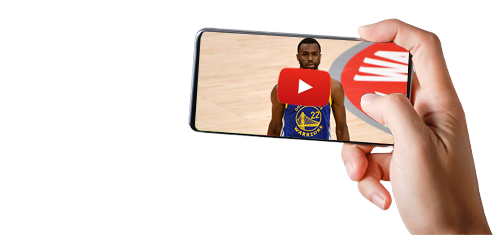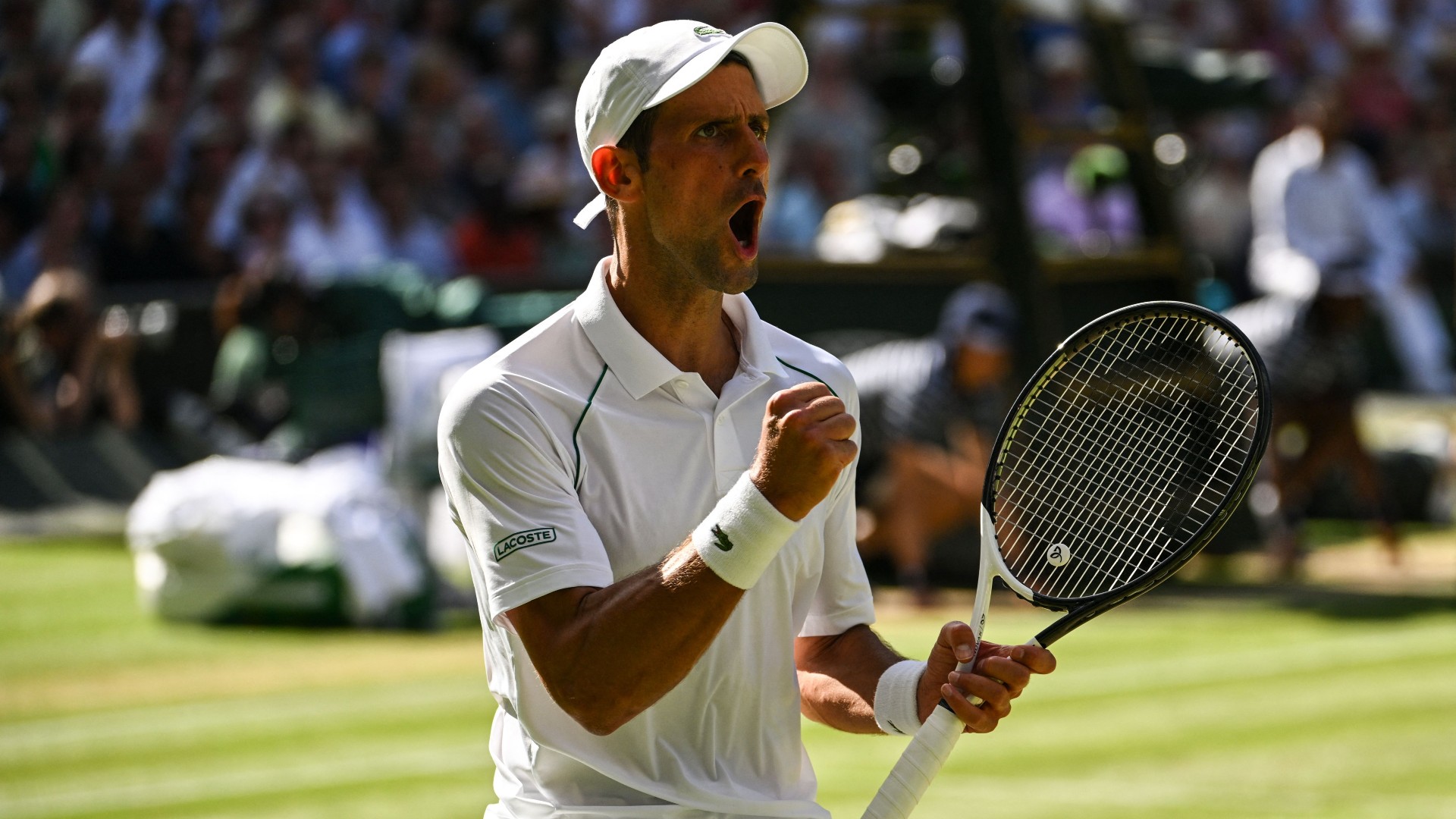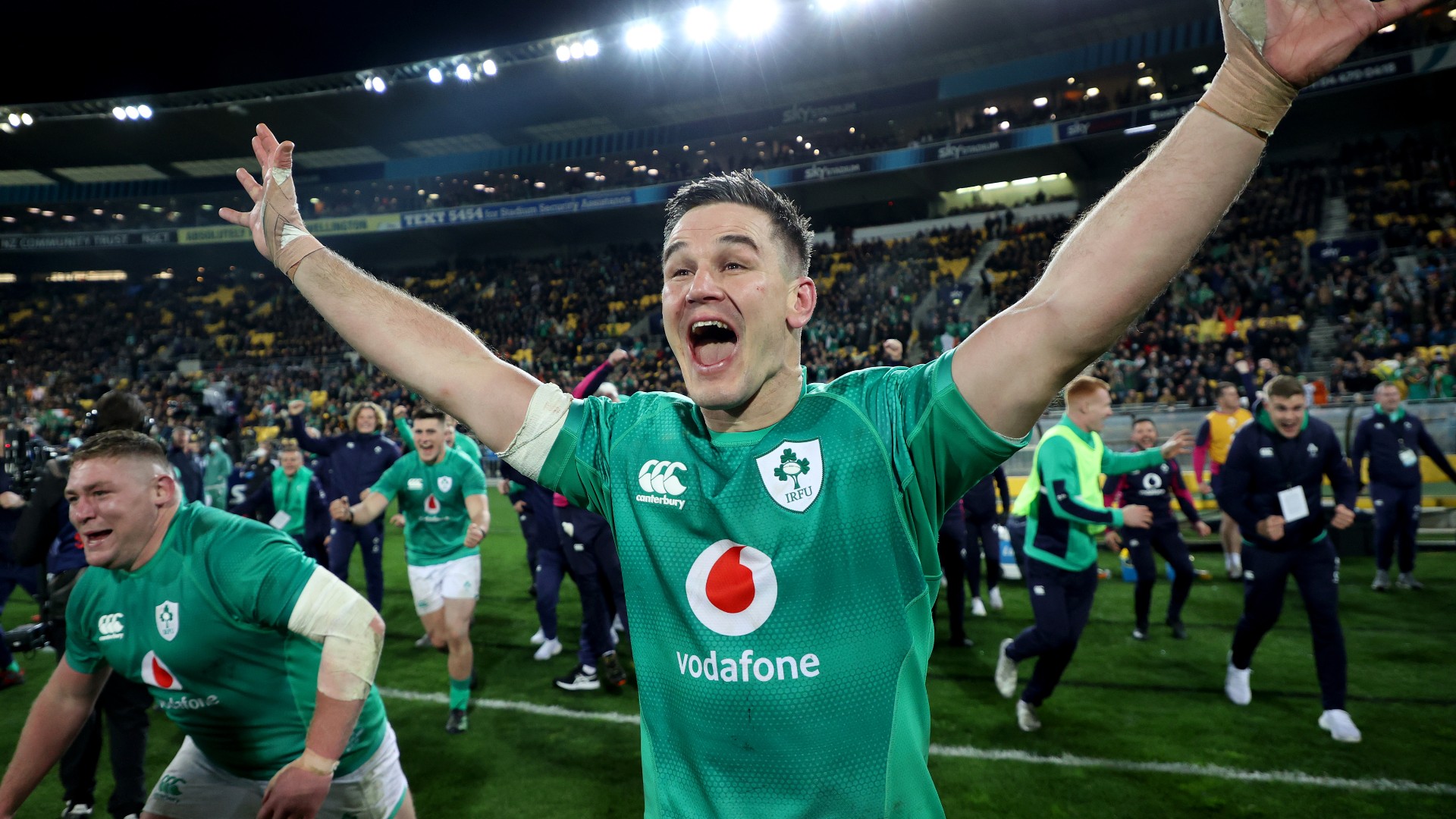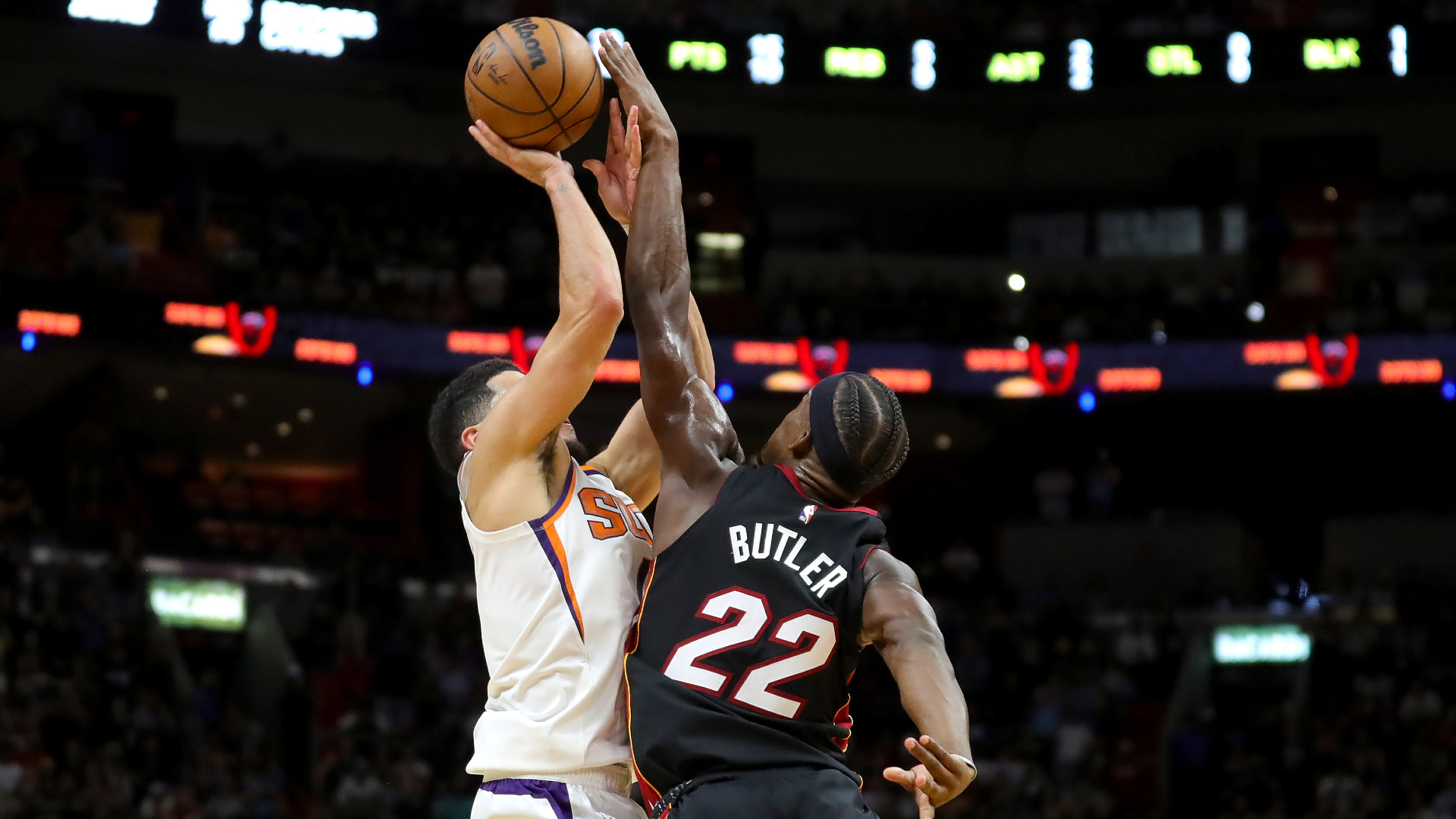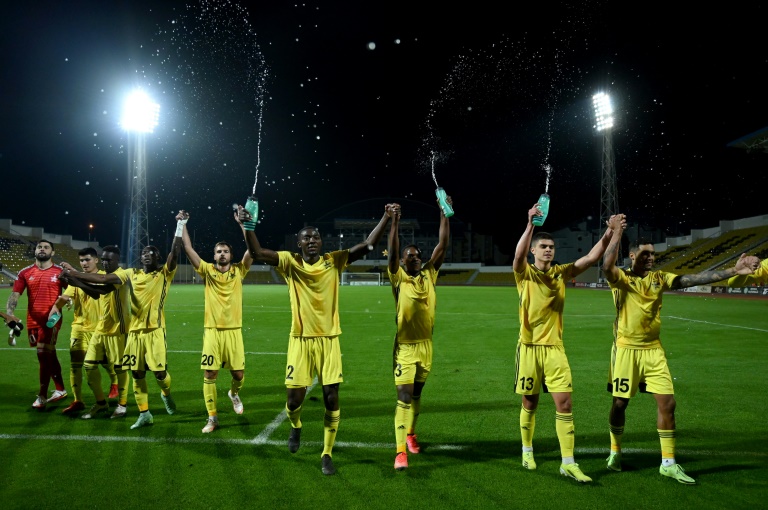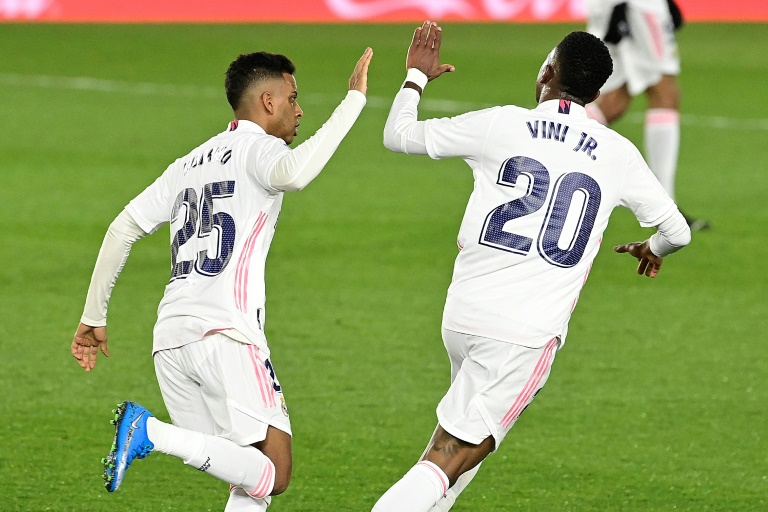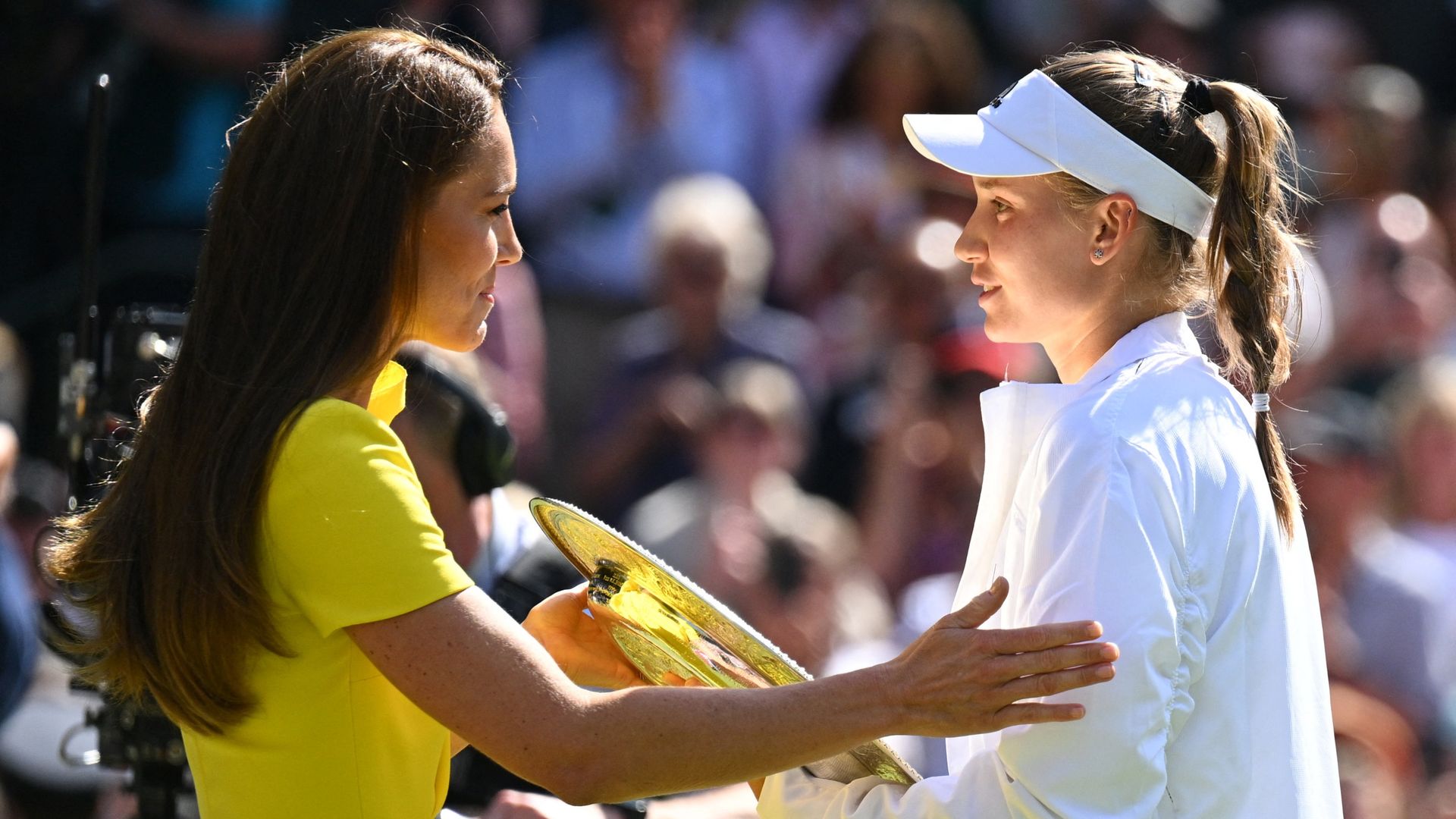
Elena Rybakina produced a breathtaking comeback to win the Wimbledon title as Ons Jabeur fell short in the women’s final – a Russian native triumphing in the name of Kazakhstan.
Rybakina, who was born, raised and learned her tennis trade in Moscow, switched to represent Kazakhstan in 2018 after being offered an appealing financial package.
Russians were banned, along with their Belarusian colleagues, from playing at Wimbledon this year by the All England Club, owing to the Kremlin-led invasion of Ukraine.
The decision has cost Wimbledon, and Britain’s Lawn Tennis Association, fines totalling $1million, albeit those are being appealed.
And still, somehow, a player with tight Russian ties has prevailed, handed the trophy on Centre Court by the Duchess of Cambridge. This was not, it seems safe to say, the ideal scenario for Wimbledon’s blazer brigade.
Yet in Rybakina the tournament has an exciting young champion, and given she turned her back on playing for Russia to represent Kazakhstan, it is hardly a victory that Vladimir Putin can hold up as a great triumph for his country on the global sporting stage.
All the same, some of the power-brokers in SW19 might have been quietly hoping that Jabeur would see this through, the world number two delivering trophy success that would have been celebrated across Africa and the Arab world.
The crowd appeared to be pulling for Jabeur too, after the 27-year-old made herself a favourite thanks to her entertaining, enterprising brand of tennis, matched to a thoroughly charming personality.
The Tunisian, playing the biggest match of her life as the Islamic festival of Eid al-Adha got under way, looked like her day in the sun had arrived when on a sizzling London day she took the first set without any particular fuss.
A pre-tournament sally by the seaside with Serena Williams served Jabeur well, their doubles liaison in Eastbourne emboldening the world number two for this fortnight, and yet come crunch point in the final, it all went over the cliff.
There was a skip of satisfaction when Jabeur broke early in that first set, and with the six-foot Rybakina spraying her powerful ground shots often out of court it looked to be a match that could only go one way. There were sizzling winners from Rybakina but too many unforced errors, with 17 in the first set alone.
Perhaps it was the scale of what she was halfway to achieving, but Jabeur’s focus then slipped. An ill-advised ‘tweener’, the between-the-legs party piece favoured by Nick Kyrgios, found the net and pointed to incoming trouble.
Rybakina swept to a 5-1 lead in the second set. Jabeur, known as the “minister of happiness” in Tunisia, soon looked pretty glum as Rybakina levelled the match with an ace on set point.
The winners-to-errors ratio had swung around dramatically from the first set, and when Rybakina sprinted ahead in the decider with an immediate break, dominating the battles of craft as well as the full-power rallies, Jabeur was in the doldrums.
The usually mild-mannered Jabeur lashed out when she was outsmarted at the net by Rybakina, lucky not to make full contact as she swished out at the ball in frustration.
Leading 3-2 and approaching the finish line, Rybakina slipped 0-40 down, as some of Jabeur’s great touch returned with drop-shot and lob winners. That could have been a turning point, but Rybakina fended off the danger in terrific style, finishing off the game with a simple volley at the net.
Victory came from the first match point, Jabeur hacking a backhand wide. Rybakina raised her left wrist to her mouth, puffed out her cheeks and jogged up to the net to greet Jabeur, before waving to all corners of Centre Court.
The world number 23, whose age matches her ranking, becomes the second-lowest ranked women’s singles champion at Wimbledon since the Open Era began in 1968. Only Venus Williams in 2007, when ranked 31st, triumphed from a lower rung on the ladder.
It was 3-6 6-2 6-2 in the end, and Rybakina became the first women’s singles champion since Amelie Mauresmo in 2006 to come back from losing the first set to carry off the Venus Rosewater Dish.
She passed 50 aces in a WTA-level tournament for the first time in the process, with four in this match taking her Wimbledon 2022 total to 53, and becomes the youngest women’s champion in these parts since 2011, when a 21-year-old Petra Kvitova saw off Maria Sharapova.
Sharapova was champion for Russia as a 17-year-old in 2004. This, though, was for Kazakhstan, Rybakina effusively thanking the wealthy federation president Bulat Utemuratov who watched on proudly.
As Wimbledon hung on every word, he was emphatically the right president to acknowledge.



